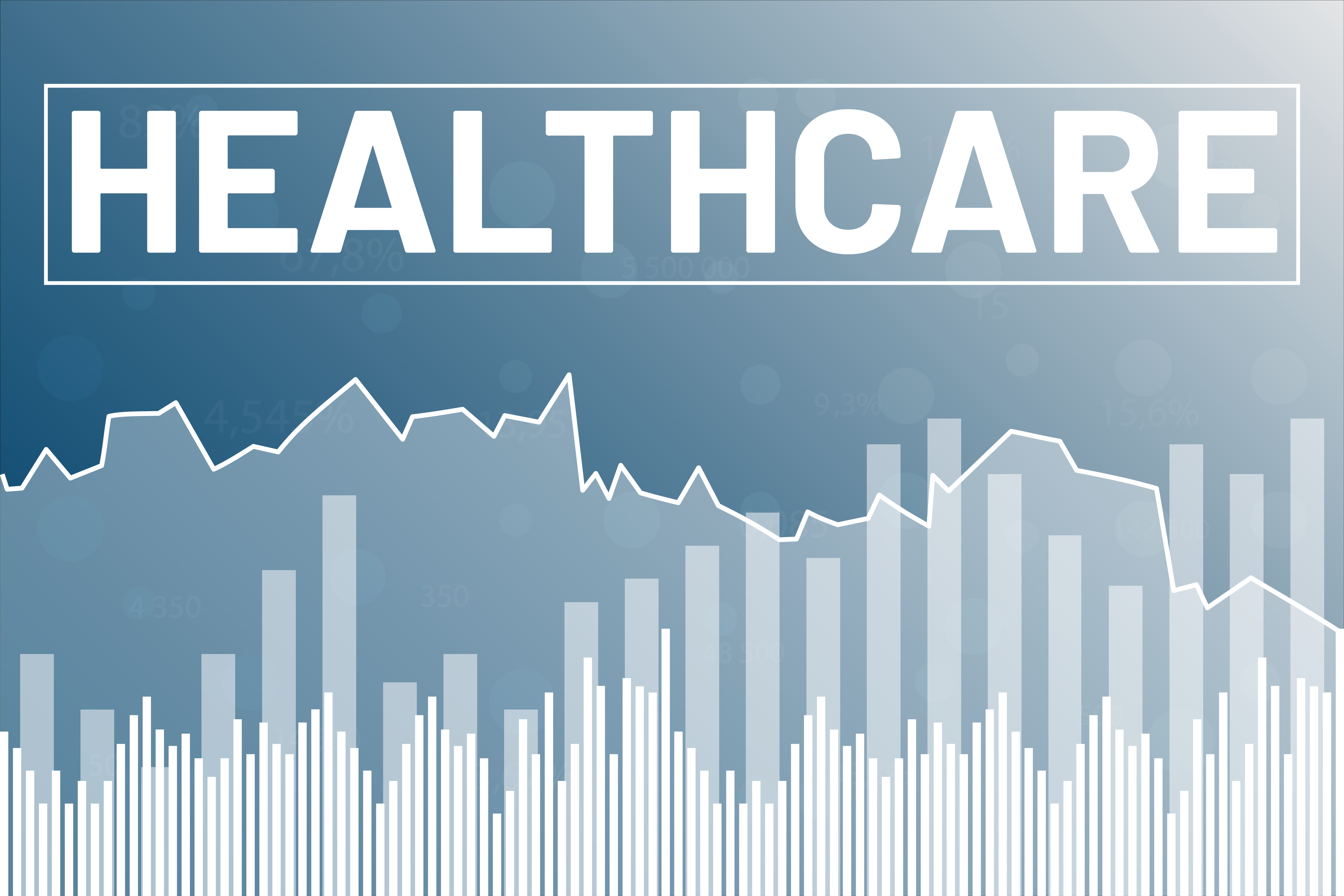Healthcare Market Grows Despite Obstacles
The healthcare industry is still growing, despite the economic recession and struggles faced by many families, hospitals and insurers alike. In fact, it's estimated that healthcare...
The increasing number of healthcare professionals (HCPs) quitting their jobs is nothing short of alarming. According to a report by the US Bureau of Labor Statistics, the healthcare sector has seen a 3% rise in monthly quit rates and lost an estimated 20% of its total workforce.
This mass exodus, popularly coined 'the great resignation,' is expected to persist, with data from an EMSI analysis report predicting that the industry might see a shortage of up to 3.2 million workers by 2026. Considering the fact that this is happening amid an already looming physician shortage, it's bound to worsen the strain on an already overburdened sector.
The great resignation is a phenomenon that describes a mass exodus, with large numbers of people quitting their jobs since early 2021, just after the Covid-19 pandemic. The idea was proposed by Anthony Klotz, a professor at Texas A&M University, where he predicted that people would continue to quit their jobs at above-average rates for the next two to three years.
Stress and burnout are the most significant contributors to the current mass exodus being experienced in the medical industry. As of January 2022, the number of patients hospitalized for Covid-19 had risen by nearly 50%. Although this number has since fallen, the workload of HCPs is still high due to staffing shortages in most hospitals across the country.
Many HCPs who have been working under extreme stress have begun to question their work-life balance and priorities. The resulting effect is many HCPs leaving their jobs in search of less stressful positions, better pay, or greater flexibility.
Lifestyle changes during the pandemic also saw many employees working from home. Some of these employees don't want to return to their pre-pandemic work routines due to the added flexibility working from home affords. Many employees are also considering putting their mental health and self-care needs ahead of their jobs and career paths.
The healthcare industry is one of the most affected sectors by the current mass exodus. This has exacerbated an already growing staffing problem, with experts predicting a dispersity of 139,000 physicians by 2033. The trend has also spilled over to nursing, where 30% have already quit their jobs.
Staffing shortages in the medical sector will inadvertently limit access to home care, especially for people at the lower end of the wage spectrum. This will ultimately result in primary care being increasingly provided by non-physicians. Experts also predict a six-figure hiring rush for professional mental healthcare providers from 2026.
If you're looking to quit your healthcare job, nobody will blame you. The constant burnout and anxiety associated with working in a stressful environment are enough to make anyone want to quit. But, before you do it, you should at least consider locum tenens.
Working as a locum tenens provider has numerous benefits, including the potential to earn more than you did as a permanent HCP. The added flexibility can also eliminate burnout. Additionally, working as a locum tenens provider gives you the luxury of choosing your own schedule and working from wherever you want.
There was already a staffing shortage in the healthcare sector prior to the pandemic. The accelerated mass exodus is turning the staff shortage into a near crisis, with full-time HCPs bearing the burden of those who have already quit.
If you're tired of the constant burnouts but aren't quite ready to quit the profession altogether, locum tenens can provide all the flexibility you need to regain a semblance of work-life balance. Contact us to get started or browse open job opportunities.
Lorem ipsum dolor sit amet consectetur, adipisicing elit. Ipsa libero labore natus atque, ducimus sed.

medical, locum tenens, physicians, cost, finance, physician compensation
The healthcare industry is still growing, despite the economic recession and struggles faced by many families, hospitals and insurers alike. In fact, it's estimated that healthcare...